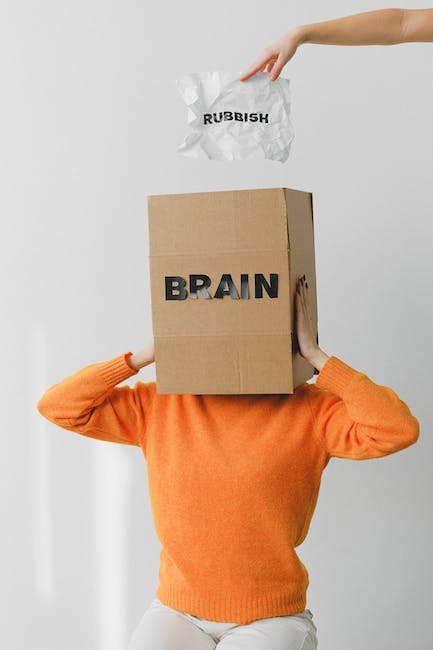
Contents
What is Noonan Syndrome?
Noonan Syndrome is a condition primarily caused by genetic changes. It is a type of rare genetic disorder that affects physical and cognitive development in children. The condition causes a variety of physical features such as certain facial features, heart defects, and growth problems. The condition can also cause delays in language and/or motor development. It affects males and females equally in all ethnic groups.
Causes of Noonan Syndrome
The main cause of Noonan Syndrome is a genetic change or mutation that is passed down from parents to the children they have. The condition is caused by a modifying gene called PTPN11, which has a different effect for different people. Some people with Noonan Syndrome may have more severe symptoms than others depending on the details of their gene mutation.
Symptoms of Noonan Syndrome
Symptoms of Noonan Syndrome vary from person to person, but some common symptoms include: facial features such as widely-spaced eyes, low-set ears, a wide or webbed neck, chest problems such as a pigeon chest, and growth delays. Other common signs and symptoms include delayed development of gross and fine motor skills, delays in language development, breathing problems, heart defects, kidney problems and bleeding problems.
Treatment & Health Management of Noonan Syndrome
Treatment for Noonan Syndrome focuses on managing the symptoms. Children with Noonan Syndrome may benefit from physical, occupational, and speech therapy to help with any delays in development. Heart surgery may be necessary if the child has a heart defect. Treatment for other complications such as bleeding problems or kidney problems will depend on the severity of the symptoms. It’s important for the child’s paediatrician to closely monitor their health and to refer them to specialists for specific treatments.
It’s also important for parents of children with Noonan Syndrome to provide emotional support and to provide a safe and encouraging environment so the child can reach their full potential. It’s also important to consult a Genetic Counsellor if the family is planning to have more children, as Noonan Syndrome is a genetic condition. Although there is currently no cure for Noonan Syndrome, with the right support and management, children with Noonan Syndrome can lead a full and healthy life.
